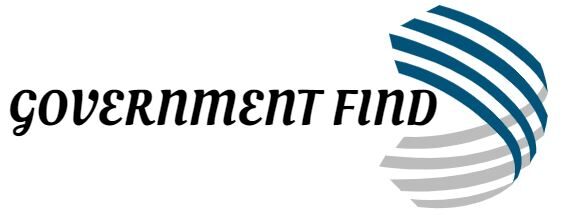
Hello and welcome, my fellow citizens of the internet! I’m Jack, a passionate advocate for good government and today, I’m excited to share some insights with you about tax office management. Whether you’re a business owner or an individual taxpayer, you’ve likely interacted with the tax office at some point. So, let’s delve into the mechanisms that ensure the smooth functioning of these vital government institutions.
The Role of the Tax Office
The tax office plays a crucial role in revenue collection and enforcement of tax laws. It encompasses a wide range of functions, including tax assessment, processing tax returns, issuing refunds, and conducting audits. A well-managed tax office is essential for upholding the integrity of the tax system and ensuring compliance with the law.
Efficient Resource Allocation
One of the key challenges faced by tax offices is the efficient allocation of resources. This includes human resources, technology, and infrastructure. Effective management strategies are needed to ensure that resources are optimally utilized to meet the demands of tax administration while maintaining high standards of accuracy and transparency.
Enhancing Taxpayer Experience
As a taxpayer myself, I understand the importance of a positive experience when dealing with the tax office. Modernizing service delivery through digital platforms, streamlining processes, and providing user-friendly tools can greatly enhance the experience for taxpayers. It’s essential for tax offices to prioritize customer service and accessibility.
Transparency and Accountability
Transparency and accountability are fundamental pillars of effective tax office management. Taxpayers need to have confidence that their tax dollars are being managed responsibly and that the tax office is conducting its operations with integrity. Robust internal controls, audits, and reporting mechanisms are crucial in maintaining trust in the tax system.
Technological Innovations
The integration of advanced technologies, such as data analytics and artificial intelligence, has the potential to revolutionize tax office management. These innovations can improve efficiency, detect non-compliance, and reduce the administrative burden on taxpayers. However, it’s important to balance technological advancements with privacy and security considerations.
I’m eager to hear your thoughts on tax office management! Do you believe there are specific areas that require improvements? How can tax offices better serve the needs of taxpayers and businesses? Feel free to share your opinions and insights in the comments below. Your input is valuable in shaping the conversation about effective government administration.
Thank you for taking the time to explore the intricacies of tax office management with me. If you have any questions or suggestions, please do not hesitate to leave a comment. Together, we can foster a better understanding of government operations and advocate for positive changes. Until next time!
